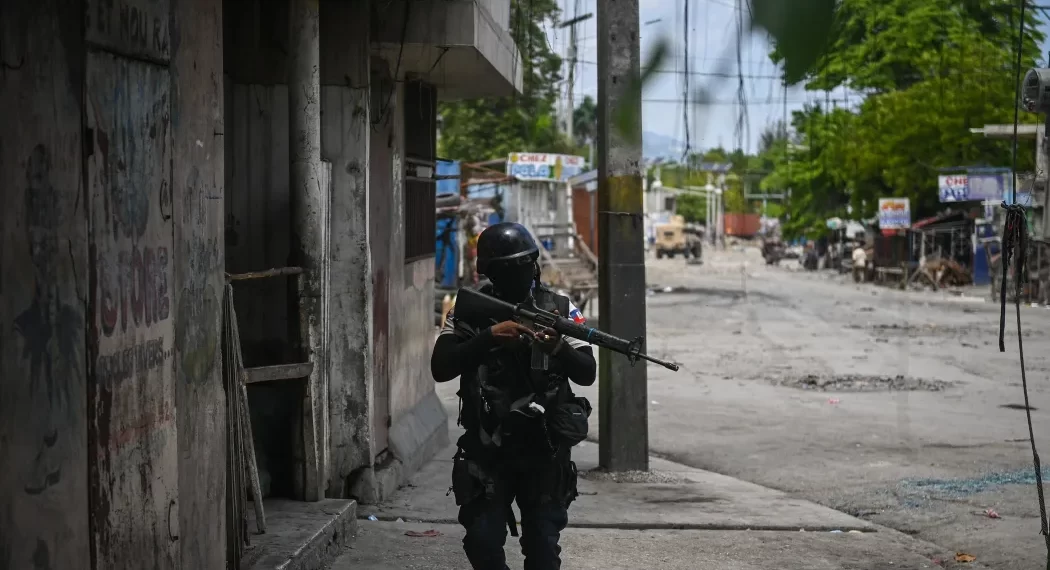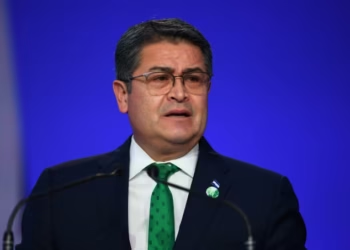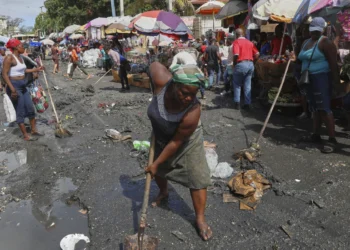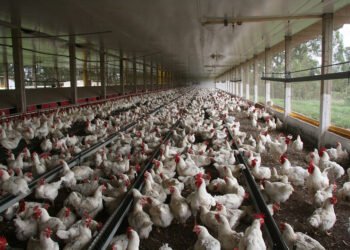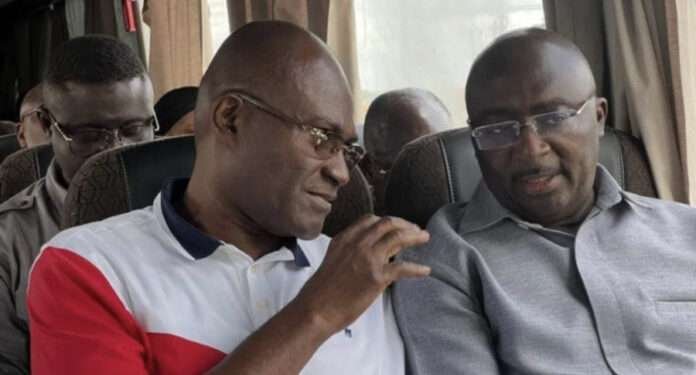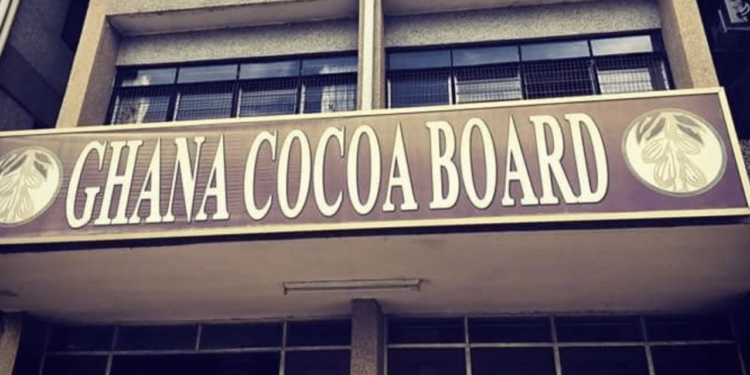Haiti has declared a three-day state of emergency and a night-time curfew following a violent breach at the country’s two largest prisons.
This incident led to the escape of over 3,000 dangerous criminals, including individuals convicted of murder and kidnapping, back onto the streets of the impoverished and violence-plagued Caribbean nation.
Patrick Boisvert announced the measures. The finance minister Boisvert is currently managing affairs in the absence of Prime Minister Ariel Henry, who is abroad seeking support for a UN-backed security initiative to stabilize Haiti.
He stated that law enforcement will utilize “all legal means at their disposal” to recapture the escaped prisoners and enforce the curfew.
Jimmy Chérizier, also known as Barbecue, a former elite police officer turned leader of a gang federation, took responsibility for the attacks. He revealed that the primary objective is to capture Haiti’s police chief and government officials and prevent Henry’s return.
Haiti issued the emergency decree following a weekend marred by violence with at least nine fatalities including four police officers. Targets of the attacks ranged from police stations to the country’s international airport and even the national football stadium, where an employee was held hostage for several hours.
The Saturday, March 2 assault on the national penitentiary in the capital, Port-au-Prince, was particularly shocking.
Nearly all of the approximately 4,000 inmates managed to escape, leaving the typically overcrowded prison deserted on Sunday, devoid of guards, with remnants of chaos evident in strewn plastic sandals, clothing, and furniture across the concrete patio.
At the prison entrance, three bodies with gunshot wounds lay, underscoring the severity of the situation.
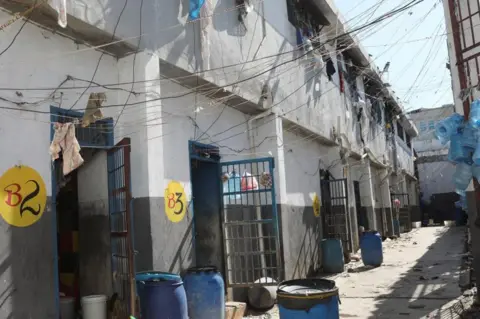
Prison Break Chaos and Gang Violence
The extent of the prison break remained uncertain, but Arnel Remy, a human rights lawyer associated with a non-profit organization operating within the national penitentiary, revealed on X that fewer than 100 of the nearly 4,000 inmates were still confined behind bars.
“I’m the only one left in my cell,” one unidentified inmate stated.
Sources close to the institution said it was likely an “overwhelming” majority of inmates had escaped. The penitentiary, built to hold 700 prisoners, held 3,687 as of February last year.
Those choosing to stay included 18 former Colombian soldiers accused of working as mercenaries in the July 2021 assassination of the then-Haitian President, Jovenel Moïse. On Saturday night, several of the Colombians shared a video pleading for their lives.
“Please, please help us,” one of the men, Francisco Uribe, said in the message widely shared on social media. “They are massacring people indiscriminately inside the cells.”
A second Port-au-Prince prison containing about 1,400 inmates was also overrun.
The violence on Saturday night appeared to be widespread, with several neighborhoods reporting gunfire.
Residents in Haiti experienced disruptions in their internet service as the country’s primary mobile network reported a fiber optic cable being severed during recent violent incidents. However, repair teams successfully restored the connection by Sunday afternoon.
In a concerning trend, gangs have targeted several state institutions within a span of fewer than two weeks, indicating a worrying level of coordination and audacity. Even traditionally secure locations like the central bank have not been spared.
Following the assassination of President Moise, Prime Minister Henry assumed office and has faced criticism for delaying parliamentary and presidential elections, which have been overdue for nearly a decade.
Prime Minister Henry recently finalized agreements with Kenya’s President William Ruto. These agreements aimed to facilitate the deployment of Kenyan police forces to Haiti, as part of efforts to address security challenges in the nation.

